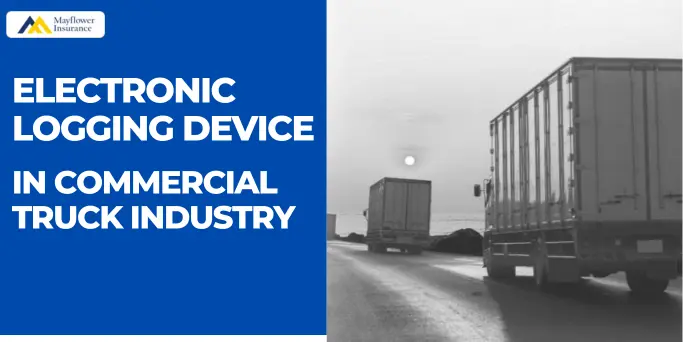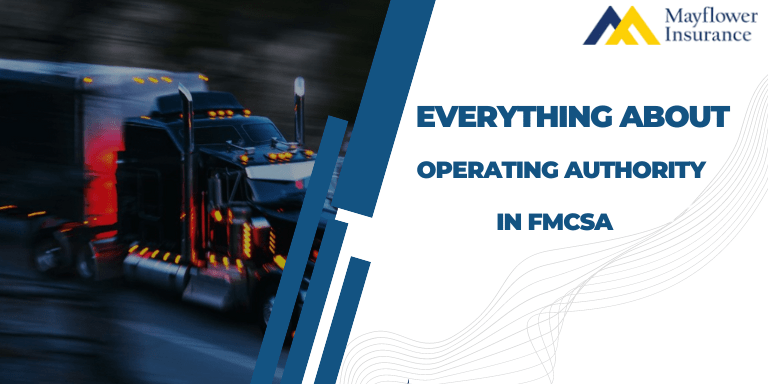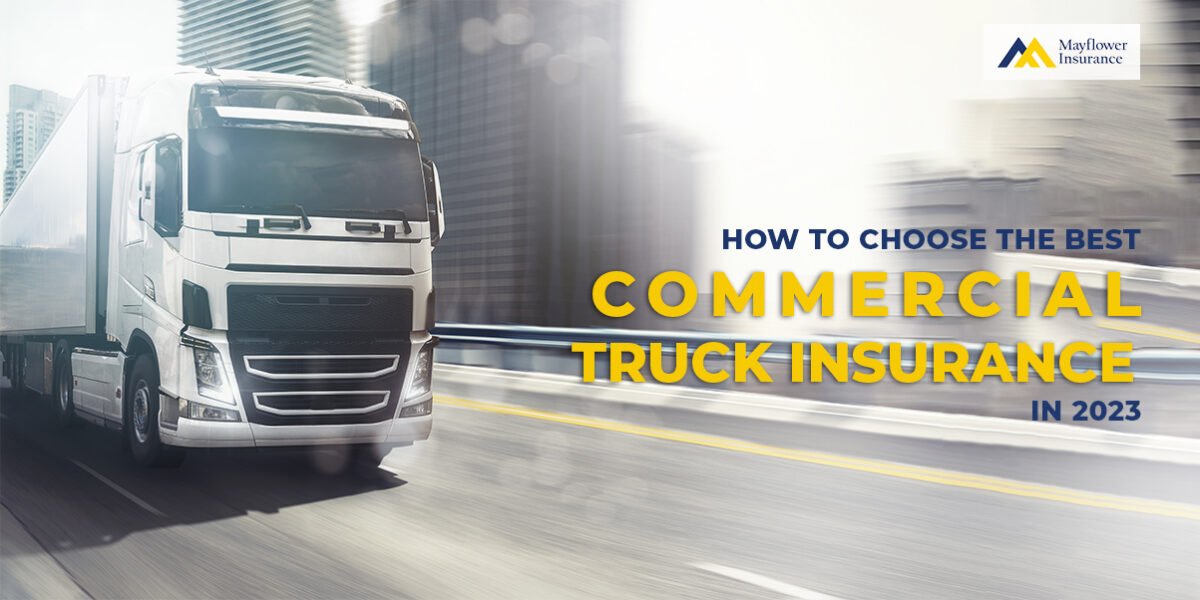ELD(Electronic Logging Device) In Commercial Truck Industry

What Is ELD?
ELD (Electronic Logging Device) is the equipment that implements automatic location & driving record tracking under FMCSA compliance for all the driving trucks along with their running trailers. It works on tracking the driving status of a trucker which shouldn’t exceed legal working hours. Thus, It monitors the driving engine to get the exact tracking details. Therefore, many ELD regulating device companies enroll under FMCSA to provide the on-duty,off-duty, and break-hours status of a driver.
ELD System tracks location after every sixty minutes during duty hours while changing the driving status, and during power up & shut down of the engine.
Why ELD Is Mandatory?
- To keep a truck company & owner operator disciplined with driving rules
- Avoid any mishappening on roads due to poor driving of a trucker
- To keep a truck driver/owner-operator internally stable with driving routine
- To avoid complex and non-transparent records through paperwork records.
- To access real-time operations in the truck enterprise.
How ELD Works In A Truck Or Trailer?
- What is the Engine Power Status of The vehicle?
- What Is The Motion Status of the Truck?
- How many miles does the concerned vehicle drive?
- How many Engine hours does the concerned truck has made?
- Identification of driver/authorized user, vehicle, and motor carrier
- What’s The Duty status (On Duty, Off Duty, Break Time) of the driver?
Which Truck Enterprises Gets ELD Exemption?
- Drivers serving not more than eight hours of duty within a month doesn’t require to fulfill RODS and satisfy ELD criteria.
- Drivers operating within a one-fifty air miles radius in not less than 14 hours consecutive duty hours.
- Drivers who are not supposed to keep RODS records.
- Driver-making towaway operation where a motor vehicle is driven or transported as a part of the shipment.
- Drivers using before the 2000-year modal vehicle are exempted from ELD.
What ELD Documentation A Commercial Truck Driver Must Have?
- The document defines the ELD Operating Rules which cover the overall process and used components.
- The data transfer mechanism for ELD system components along with the driver’s duty hour records is presented in a detailed instruction sheet.
- ELD Malfunction tracking and reporting procedure by the driver must be available while driving during inspection with concerned authority officials.
How ELD Providers Become Acceptable For Truck Enterprises?
FMCSA’s pre-defined ELD rules make it necessary for every truck enterprise to implement the same at their commercial place. Therefore, a truck company or owner-operators follows ELD rules while maintaining the RODS(Record Of Duty Status) and HOS(Hours Of Service) record. Therefore, here are a few parameters depending on which truck company can choose Trucking ELD Solution service.
- Check the FMCSA & DOT certification with ELD Providers.
- The Device should meet IFTA compliance(miles tracking requirement) and be properly tested by the ELD provider.
- Experience of ELD providers with different truckers, Word to mouth goodwill, and better reviews and portfolios.
- An experienced & reputed company offers different plans for their costumes. A truck company can check the pricing and offers compatibility with different service plans.
- Choose the compatible format with a company device offer or install ELD service in the existing hardware(smartphone or tablet).
- Check the device compatibility with different types of truck vehicle categories to get optimized ELD solution devices available in the market.
- Check the dynamic approach of ELD service providers which stays active & up-to-date with changes in FMCSA regulations.
- The device or ELD system must be 100% secure & portable to use in the long term in any system device.
Best ELD Devices A Truck Company Can Consider For Use!
What Best Features Of ELD Devices Can Be Helpful For Truck Drivers & Owner Operators?
- Easy To Install & Operate
- Synchronization With Truck Engine
- Accurate Location Tracking
- Convenient Interface For A Common Person
- Compatible With Fleet Type/Size
- 100% Accurate Tracking
- Secure & Easy Account Management
- Worth With Cost
- 24/7 Hours Support
- Audio Control Integration
- Matrack ELD Device
- GPS Trackit ELD Device
- Gorilla Safety ELD Device
- Garmin eLog
- Motive ELD
- Samsara Device
- Omnitracs ELD Device
- EROAD Ehubo ELD Device
- BigRoad’s Dashlink ELD Device
- Verizon Connect Reveal ELD Device





